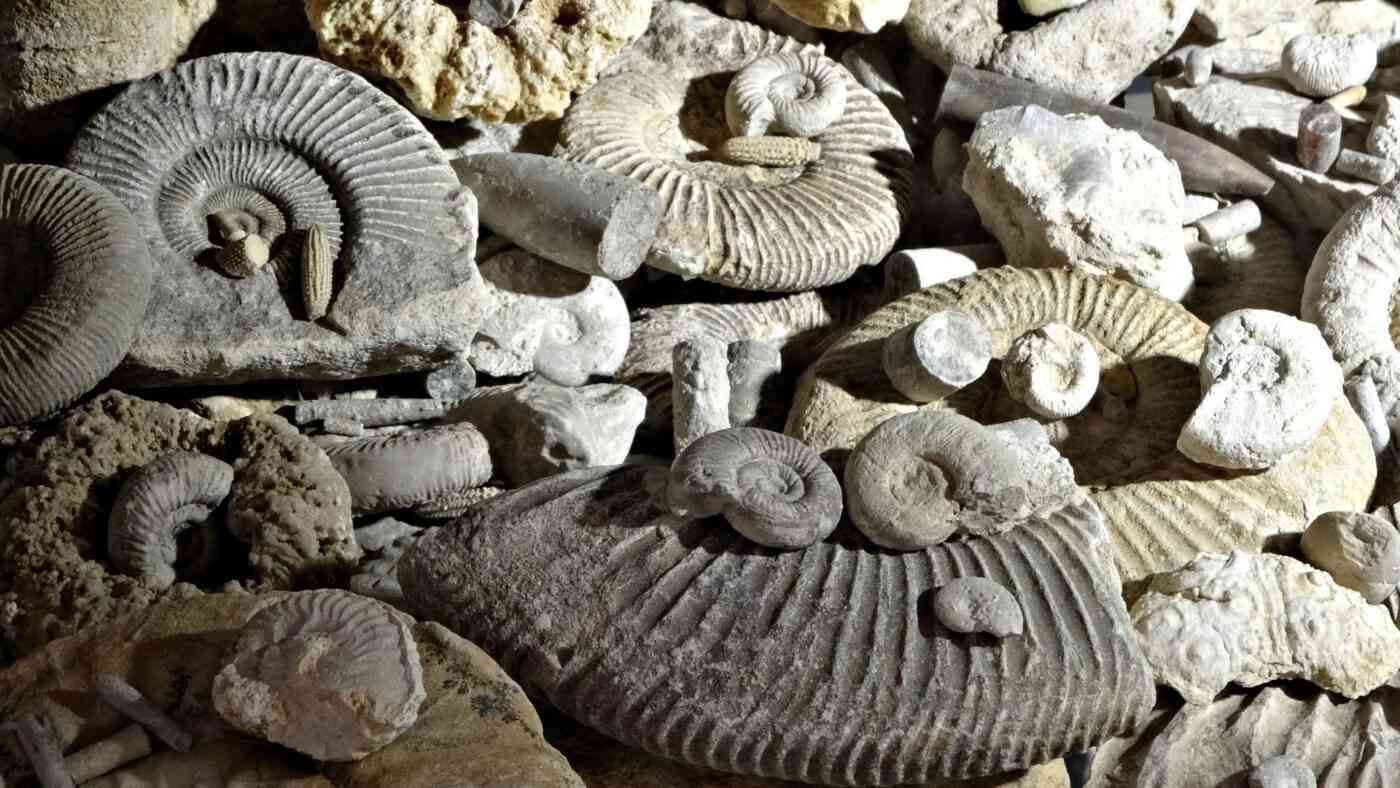Science
Is Water in Space the Rule, Not the Exception? The Mystery of Planetary Birth
24 February 2026

A new scandal in the world of science. An investigative report has exposed a Ukrainian "paper mill" linked to fraudulent publications. Over the years, since 2017, the scheme is believed to have involved 380 journals and over 1,500 articles.
The Ukrainian “paper mill” became the subject of an investigative report thanks to a Russian researcher, Anna Abalkina. She noticed that in many publications, authors provided email addresses linked to suspicious domains (e.g., Tanu.pro), instead of the official mailboxes of their universities or research institutes. This raised suspicions that some of them might not be affiliated with the institutions listed next to their names. Abalkina named the operation “Tanu.pro,” after one of the most frequently used domains.
To investigate the matter more closely, Abalkina collaborated with Svetlana Kleiner from Springer Nature, an expert on research integrity. Together, they analyzed over 60 suspicious email addresses linked to Tanu.pro. These were the domains used by the authors of 1,517 scientific papers published between 2017 and 2025.
All these domains were found to be owned by Scientific Publications, a company founded in Kyiv in 2016. Its services were used by over 4,500 scientists from approximately 460 universities in 46 countries. The company’s founder registered unusual email addresses, which later appeared in hundreds of scientific publications.
On its website, Scientific Publications presents itself as a legitimate institution. The company offers not only manuscript editing but also translations and submissions to journals indexed in international scientific databases. It also assures its clients that they can expect an increased number of citations.
The company’s website contains statements that clearly suggest the activities of a “paper mill.” For example: “Order the publication of a scientific article in a high-impact journal now.” This indicates that scientists can not only buy space in journals but also commission articles to be written for them.
Important topic: A ‘Fake Science’ Tsunami. Report Reveals the Scale of Deception
The investigation by the two specialists revealed that some of the scientific papers linked to this company had typical characteristics of publications from “paper mills.” The following irregularities were noted:
The email addresses, which do not match the authors’ affiliations, clearly indicate that the company creates them for its clients. These, in turn, are used solely for direct correspondence with journal editors.
Representatives of Scientific Publications strongly deny the accusations. They maintain that they do not use the “Tanu.pro” domain or any other domain mentioned in the investigation. However, when journalists from Nature asked them directly whether they prepare scientific articles on commission or create email addresses for clients, the company’s response was evasive.
“The technologies and working methods of our company are considered a trade secret because they give us a competitive advantage,” a statement on the Nature website reads.
The company’s employees also assured that their institution has been operating successfully for years. They also stated that they regularly provide their clients with “high-quality, transparent, and reliable services.” Interestingly, they also added that one of their areas of activity is preventive measures. These relate to ethical violations and the detection of dishonest practices by scientists.
Read the original article: 1500 tekstów, 46 krajów. Zdemaskowano ukraińską fabrykę artykułów
Science
24 February 2026



Zmień tryb na ciemny